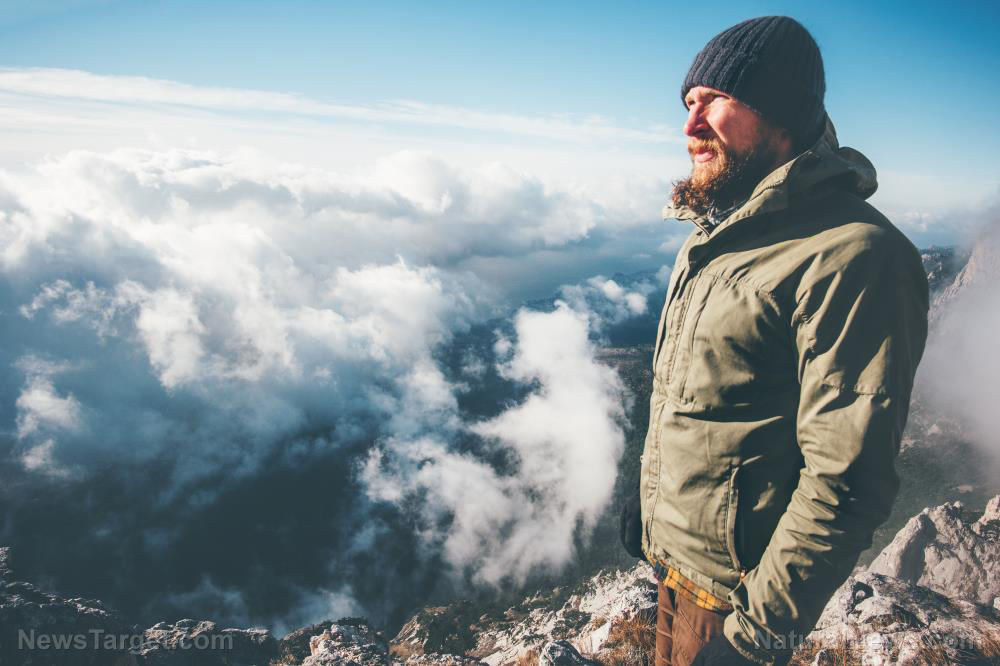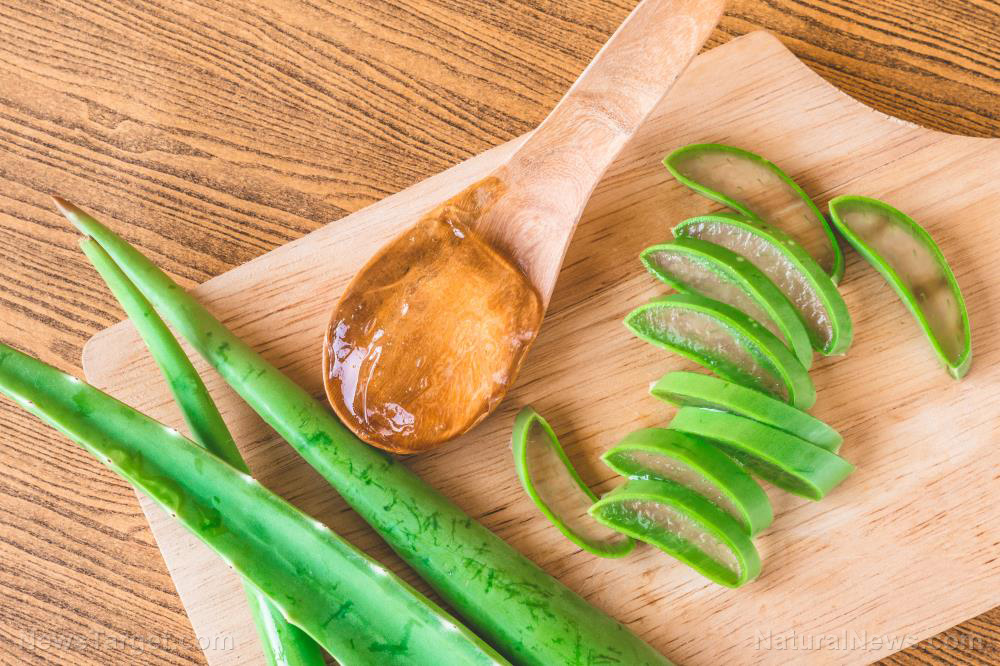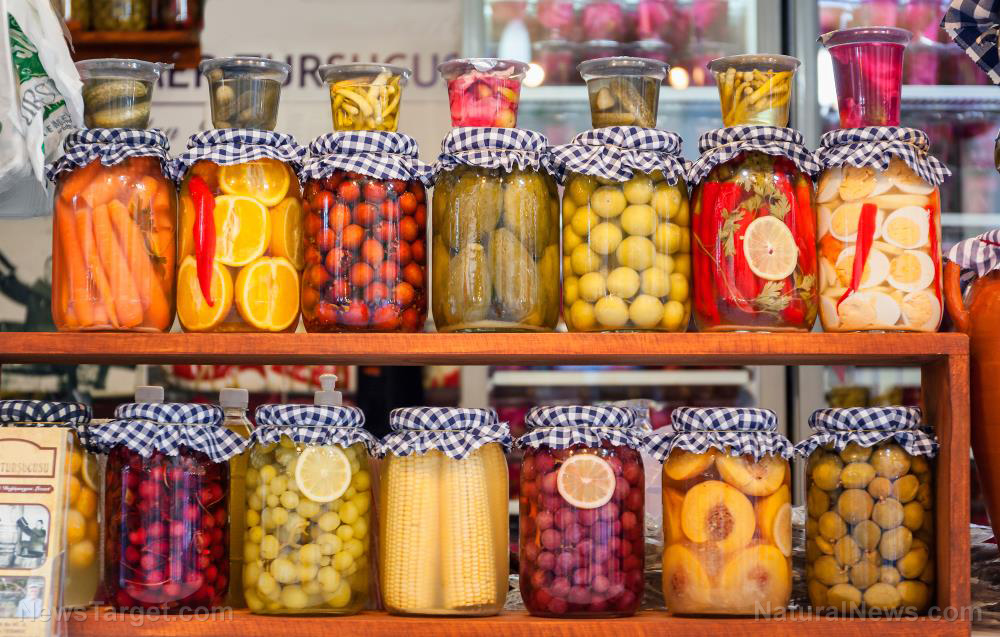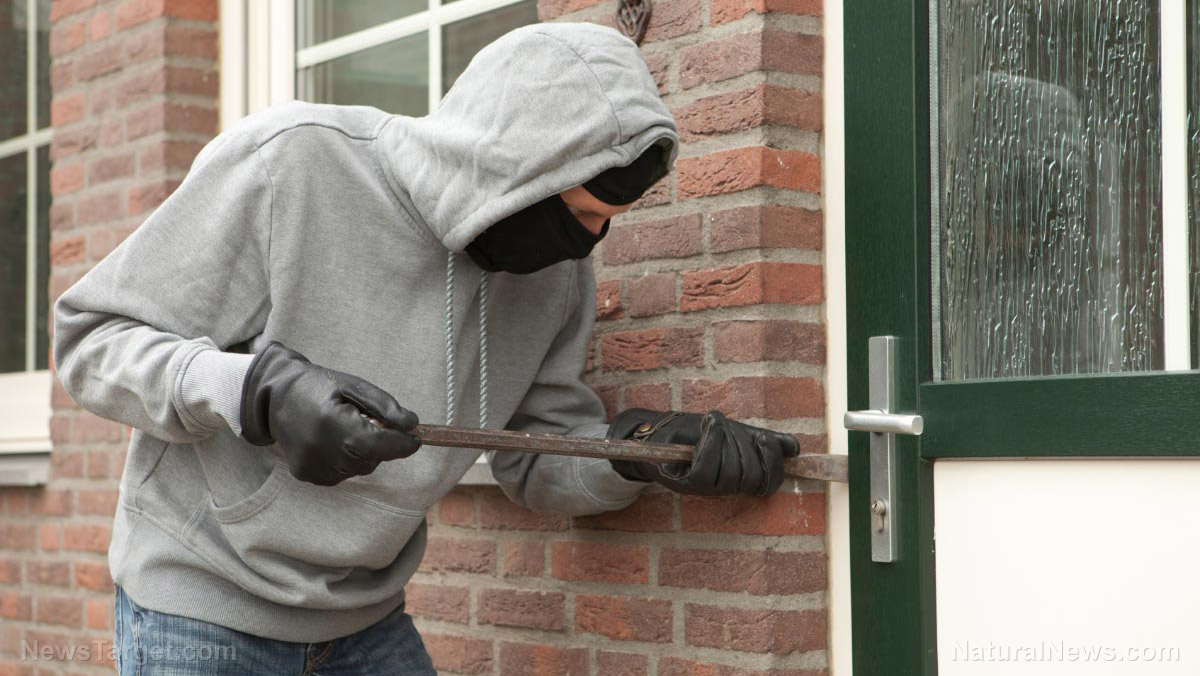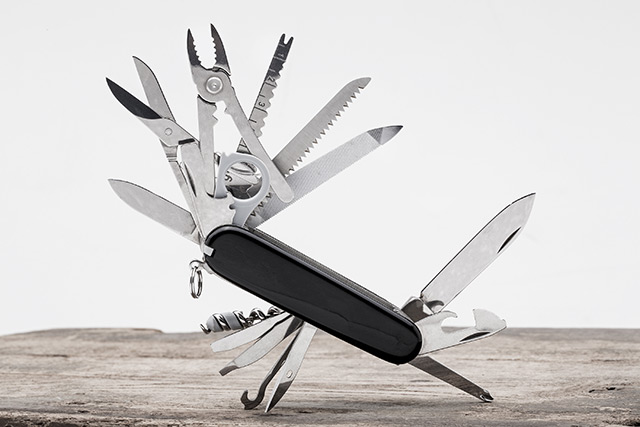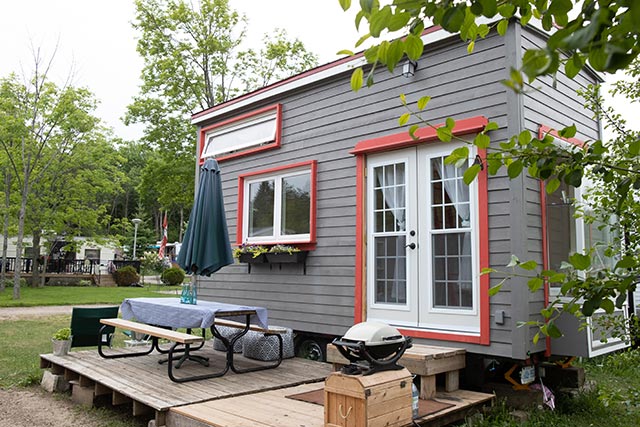Master these 10 bushcraft skills to survive when SHTF
04/07/2019 / By Zoey Sky
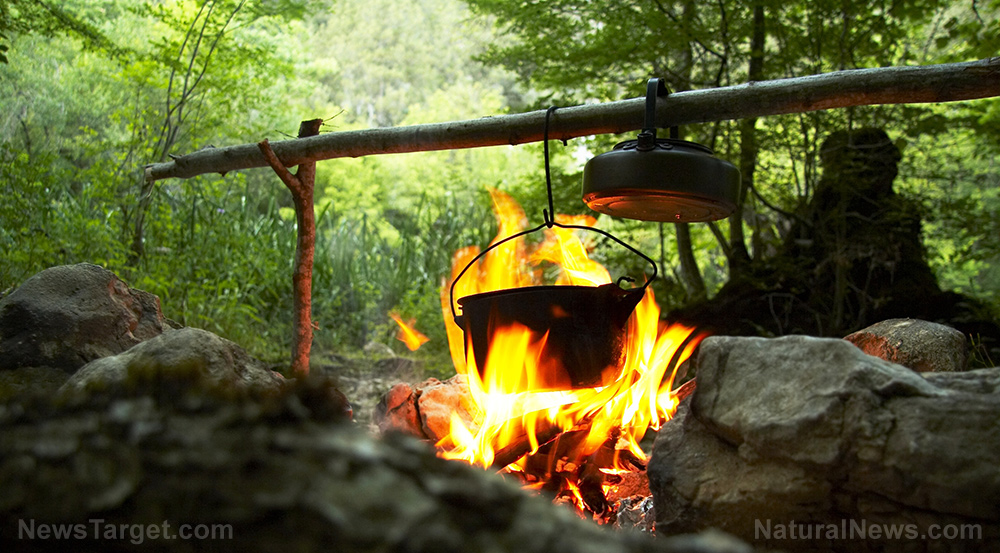
When SHTF, can you start a fire using basic tools or forage for food? If your answer is no to both questions, you may need to start learning some bushcraft skills, especially if you want to improve your chances of survival when disaster strikes.
If you wish to add more skills to your prepping arsenal, consider the ones below. (h/t to PaulKirtley.co.uk)
Tree and plant identification
Learning how to identify most plants and trees makes it easier to use them for various survival applications. This skill will teach you how to identify which wood burns quickly and which wood is safe for smoking meats and fish.
Tree and plant identification will also teach you how to safely forage for food. Learn about poisonous plants and mushrooms and avoid them when foraging. (Related: Bushcraft survival skills to teach your kids or grandkids.)
Wild camping
Go camping with your family to practice your fire starting and foraging skills. This will also help more indoorsy members to get used to sleeping outdoors in different conditions.
If you are the more experienced member in your family, go camping in different seasons to test how everyone can adapt to all sorts of weather.
Campfire cookery
Practice cooking your recipes at home to get the hang of each step, then try the same recipe over a campfire.
MREs are convenient, but nothing beats a hot meal. Start honing your campfire cookery skills by preparing meals with store-bought ingredients. As you get used to cooking outdoors, add foraged ingredients to your recipes.
Cook with foraged ingredients
This skill goes with tree and plant identification and campfire cookery. Start experimenting with recipes using foraged ingredients after you master the first two skills. Start by learning how to cook with easily identified species like blackberries or raspberries, then move on to other kinds of plants.
Go fishing
Fishing isn’t just a relaxing hobby. As preppers know, fishing is a crucial skill to have, especially if you are fond of camping or if you want to learn a skill that ensures your survival group has something to eat when SHTF.
One easy way to learn this skill is by finding a friend who is an angler. Ask them to take you out so you can learn the ropes. Even though you’re fishing in a relaxed environment, the skills you learn can still be applied in a survival setting.
Water purification
If you think you may have to bug out when SHTF, you need to teach the whole family about proper water purification. This skill will teach you about the five contaminants that may be found in water – bacteria, chemical pollutants, protozoa, turbidity – and viruses, along with the various methods used to deal with any combination of them.
Natural navigation
Start learning this skill by familiarizing yourself with the motion of the sun. Learn where the sun rises and sets, and use this information to determine the cardinal directions.
Other things to consider are the moon and how to navigate using stars. In each hemisphere, there’s a star or constellation that gives you one of the cardinal directions: Polaris in the north and the Southern Cross in the south. Use these to determine the other directions.
Fire starting
Fire starting is a major cornerstone of bushcraft and survival. Matches and lighters are convenient, but fire starting will teach you how to build a fire using only basic tools.
Try learning how to make fire sticks (feather sticks) to help tinder catch a flame more quickly. Fire sticks will also help you start a fire with sustainable heat in a shorter amount of time compared to using tinder alone. This technique is useful if you’re using damp fire starters or logs. To make fire sticks, you’ll need a stick of wood and a nice sharp knife. Practice making perfect feathered ends on a fire stick to get the technique right.
Identifying natural materials beyond fire
When SHTF, you need to know how to identify, process, and use natural materials. This skill will teach you other practical skills, how to make items for various uses, and it will reduce your dependence on manufactured goods.
Start identifying natural materials by learning basic methods for making cordage using natural fibers. As you become more experienced, explore different types of fibers.
Knot tying
Beginners may shy away from knot tying, a skill often considered as daunting. But with enough practice, certain knots may prove useful when setting up tents or repairing your survival gear.
Once you master certain knots, find different ways to use them. Some useful knots to learn include:
- Bowline
- Clove hitch
- Figure of eight
- Fisherman’s knot
- Overhand
- Reef knot
- Round turn
Knowing how to do something is vastly different from knowing how to do something well. Learn these bushcraft skills to add more tools to your prepping arsenal so you can survive even when SHTF.
Sources include:
Tagged Under: bushcraft skills, campfire cookery, camping, Collapse, disaster, fire starting, fishing, knot tying, navigation, off grid, plant identification, prepping, self sufficiency, self-reliance, SHTF, survival, survival skills, water purification, wilderness, wilderness survival







